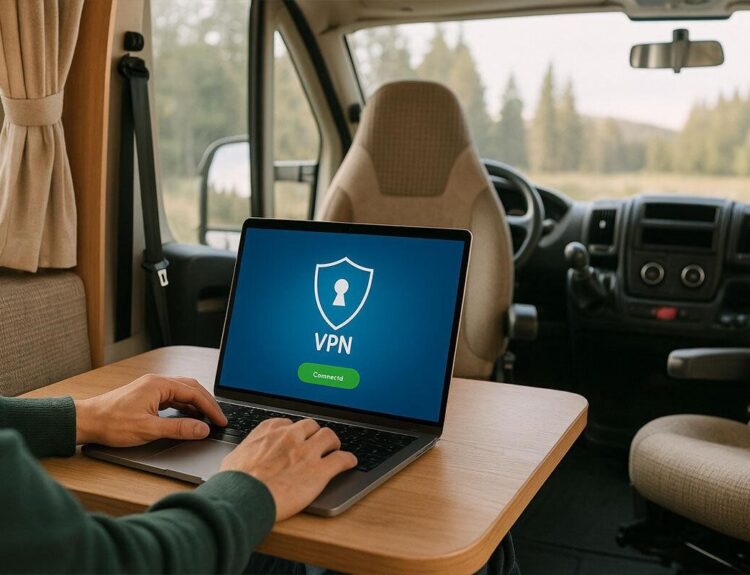Best-Designed RV Park Websites That Boost Bookings
A well-designed website is one of the most powerful tools an RV park can have. The website is often the first impression potential guests get of the park, and it can make or break their decision to book. A site with slow load times, clunky navigation, or confusing booking options will keep visitors away. On the other...











